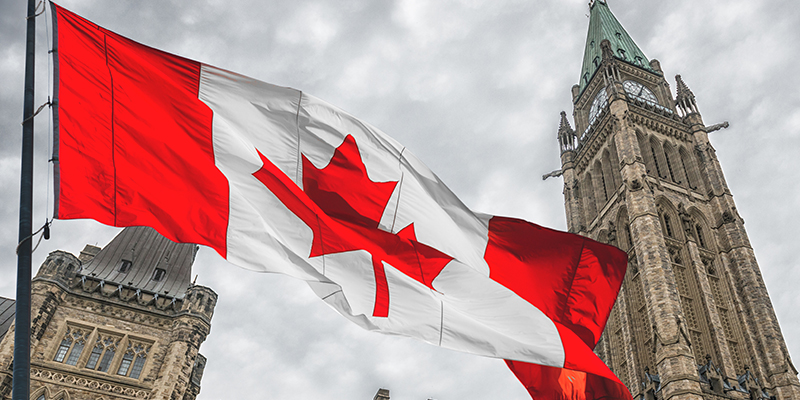As Russian military assets continue to pick apart Ukraine, we should be thankful the transatlantic community didn’t cash in its Cold War-era insurance policy.
defence and security
"If North Korea would be ready to attack the United States," Prime Minister Stephen Harper said in 2006, "that would be a risk for Canada's national security as well not only because of our common values, but because of our geographical proximity." Much has happened in the intervening years apparently enough, if media reports are accurate, to force Canada to revisit its noncommittal position on missile defence. The case for participating in missile defence can be boiled down to four words: threats, technology, allies and cost.
Reports that Ottawa and Washington have resumed their delicate missile-defense discussions suggest that Canada may be ready to join the global missile-defense coalition. If so, it would be a welcome development.
The operative word here is 'global.' The missile shield now taking shape is a truly international missile defense (IMD) enfolding some of Canada's closest allies and oldest friends.
In ancient times, the opulent and civilized found it difficult to defend themselves against the poor and barbarous nations, Adam Smith observed in 1776. In modern times, the poor and barbarous find it difficult to defend themselves against the opulent and civilized. It seems the 21st century is more ancient than modern. What else could be said of an era when failed and failing states generate far more worries for the international community than powerful states?
In 2005, long before there was an Arab Spring, Middle East scholar Fouad Ajami announced the autumn of autocrats and predicted that the entrenched systems of control in the Arab world are beginning to give way.
His prediction came to fruition in 2011, when four Arab dictators were toppled and a fifth (in Syria) came under sustained pressure from his subjects. With so many rogue rulers departing in such short order, now is an ideal time to survey the globe for what comes next.
Senior Fellow Martin Collacott served as Canada's ambassador to Syria in the 1990s. With some 30 years of distinguished service in Canada's Department of External Affairs, Collacott also held key diplomatic posts in Nigeria, Vietnam, Hong Kong, Japan, and China, where he was a member of the negotiating team that established diplomatic relations between Canada and the People's Republic.
Iran is making lots of noise about closing the Strait of Hormuz, the vital international waterway that carries 17 million barrels of oil every day35 percent of the crude oil transported by sea. The control of the Persian Gulf region is in Irans hands, Iranian naval chief Habibollah Sayyari ominously warns. This follows news that the Iranian parliament is mulling legislation to block tanker traffic through the strait, which comes on the heels of Sayyaris boast late last year that closing the strait would be easier than drinking a glass of water.
The U.S. strike on al Qaeda leader Osama bin Ladencall it V-O Daydidnt end the war he unleashed. But it did mark an important victory in the ongoing struggle against al Qaeda, other jihadist groups, and their state patrons and partners. It also offers a number of important lessons for the broader war on terror.
Pakistan is neither friend nor foe

